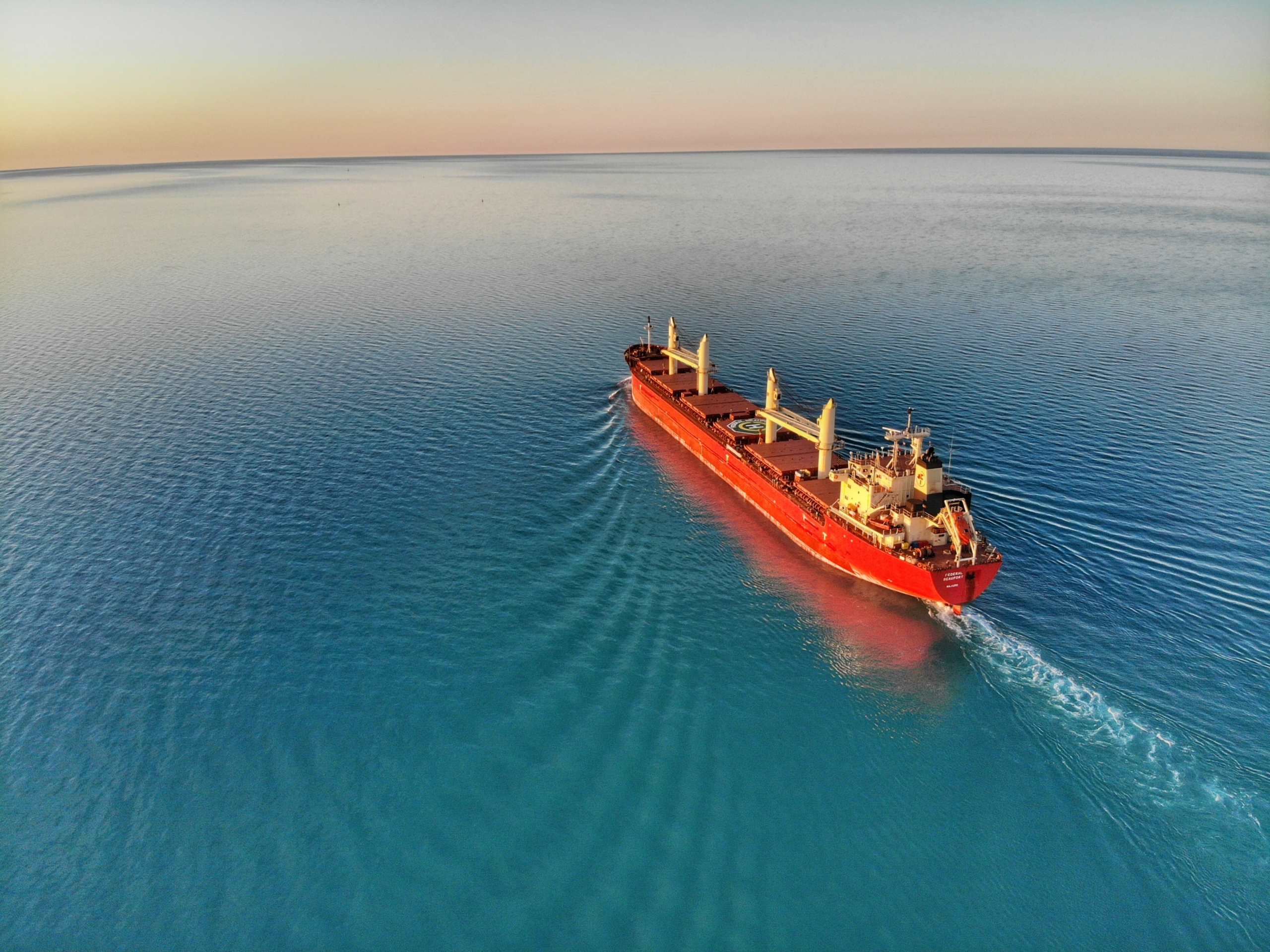
In today’s digital age, data analysis has emerged as a game-changer across various industries, and the maritime sector is no exception. With the increasing availability of data from vessels, ports, and supply chain systems, the maritime industry is using ioCurrents to leverage data analysis techniques to unlock valuable insights, enhance operational efficiency, and make informed decisions. From optimizing routes and fuel consumption to predicting maintenance needs and improving safety, data analysis is transforming the maritime industry into a smarter, more sustainable, and technology driven industry.
There are some key areas where ship operators can harness the insights created by data analytic experts like ioCurrents to optimise their fleet operations and create a more sustainable industry.
Voyage Optimisation and Route Planning
Data analysis can play a pivotal role in optimising voyage planning. By analysing historical and real-time data, including weather conditions, sea currents, traffic patterns, and fuel consumption, ioCurrents identifies the most efficient and cost-effective ways to travel. This helps reduce fuel consumption, minimize emissions, and improve vessel scheduling. Using AI and machine learning ioCurrents uses predictive analytics to enable shipping companies to identify potential delays or hazards, as well as optimizing the vessel behaviour in real-time along the journey for fuel, emissions, and overall travel costs reductions.
Predictive Maintenance
ioCurrents has revolutionised maritime maintenance practises. Using data from ship equipment sensors, machine learning models, governed by a proprietary AI, predicts machinery failures so maintenance schedules can be enhanced and parts can be ordered, minimising downtime and reducing costs. Real-time monitoring of critical components, such as engines, generators, propellers, and navigation systems, enables early detection of anomalies, preventing potential accidents and ensuring the safety of crew members and cargo.
A prime example of this is with high-pressure diesel fuel pumps which can fail suddenly, ejecting metal and causing severe engine damage as well as endangering crew safety. An ioCurrents customer called Western Towboat has gone from multiple failures per year with high-pressure fuel pumps to zero pump failures in four years using this predictive technology.
Environmental Sustainability
The maritime industry has been under increasing pressure to reduce its environmental footprint. Data analysis contributes significantly to achieving sustainability goals by optimising fuel consumption, emissions reduction, and vessel efficiency. By analysing fuel consumption patterns, ioCurrents identifies areas for improvement, allowing companies to implement measures such as optimized vessel speed, weather routing, and alternative fuels. Data analysis also helps monitor and automate reporting around compliance with environmental regulations, enabling shipping companies to make informed decisions regarding vessel upgrades and fleet management to meet sustainability targets.
Conclusion
Data analysis has become a transformative force within the maritime industry, driving innovation, enhancing operational efficiency, and improving safety and sustainability. By leveraging the power of Artificial Intelligence, shipping companies can optimize voyage planning, predict maintenance needs, streamline supply chain operations, and mitigate safety risks. ioCurrents has invested in robust data infrastructure, advanced analytics tools, and skilled data science professionals which is required for the successful integration of data analysis into maritime operations. As the industry continues to evolve, the effective use of data analysis will undoubtedly play a vital role in shaping a smarter, safer, and more sustainable maritime industry.


